After a two-day meeting, the Central Bank of Nigeria (CBN) Monetary Policy Committee (MPC) chaired by the CBN governor decided to raise the Monetary Policy Rate (MPR) by 150 basis points. The CBN governor while briefing Newsmen on Tuesday noted that the increase became necessary following the unprecedented rise in inflation by 90bp to hit 16.82% in April. The decision was also supported by the recently released GDP report which suggested that the economy sustained a real GDP growth of +3.11% in Q1 2022. On the back of the recent CBN announcement local manufacturers have decided to review spending plans and reassess their finance costs.
Manufacturers will struggle with higher cost of funds following the CBN’s policy rate hike which is expected to lead to an increase in the finance charges of telcos who would attempt to shift the burden to customers. The implication is that small and medium-sized businesses that rely on the use of telco services may see their operating costs rise as energy costs and logistic expenses are also expected to increase in 2022.
Analysts had expected the CBN MPC to hold policy parameters constant as it had done in the past ten meetings. As many as six members of the committee had voted in the March meeting for the apex bank to hold policy parameters while three members were hawkish. The voting pattern at the May meeting is however a different kettle of fish as there was a unanimous decision to raise the base lending rate. According to the CBN governor members voted unanimously to raise rates as 6 members voted for 150 basis rate hikes, four voted for a 100 basis points raise in rates while One member voted for a 50-basis increase in rates.
MPC Considerations – Taming an Inflation Tiger
The concerns of the MPC ranged from the recent spike in inflation to fears about capital flow reversal in the face of monetary policy normalization in the more advanced economies. According to the committee, high inflation has been due to an increase in money in circulation more of which is anticipated with the volume of pre-election spending expected as the country heads for the polls.
Broad money grew from N48.29tr in January to N52.69tr in March, due to an increase in Net Domestic Assets (see chart 1 below)
Chart 1: Broad Money Supply M3 & NDC Jan. 2021- Mar 2022(N’ Trn)
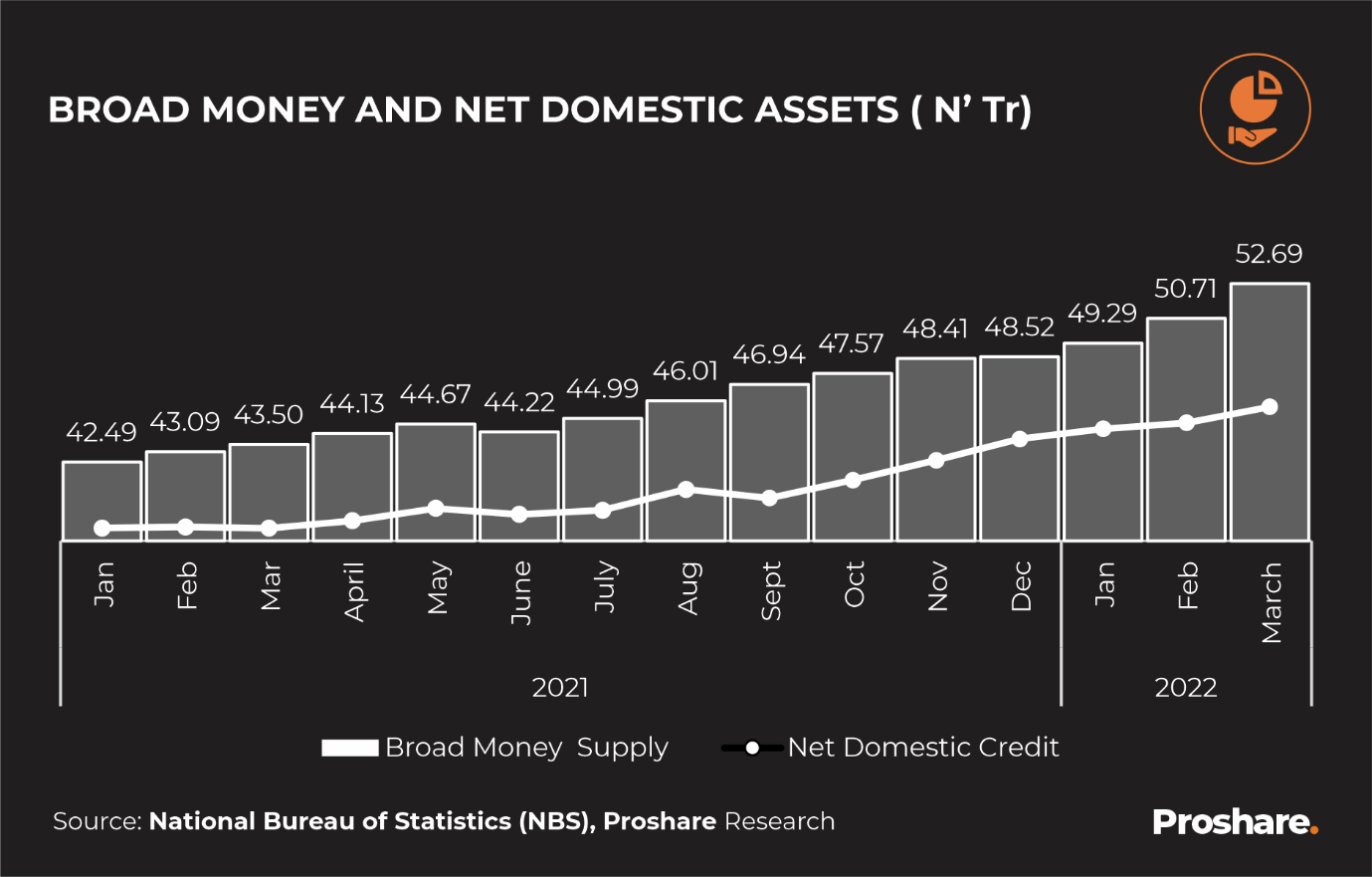
Headline inflation increased to 16.82% in April, and this has been chalked up to an 18.8% growth in food prices and a 14.2% rise in the price of non-farm items (see chart 2 below)
Chart 2: Headline Inflation (Y-o-Y) (%) April 2021 - April 2022
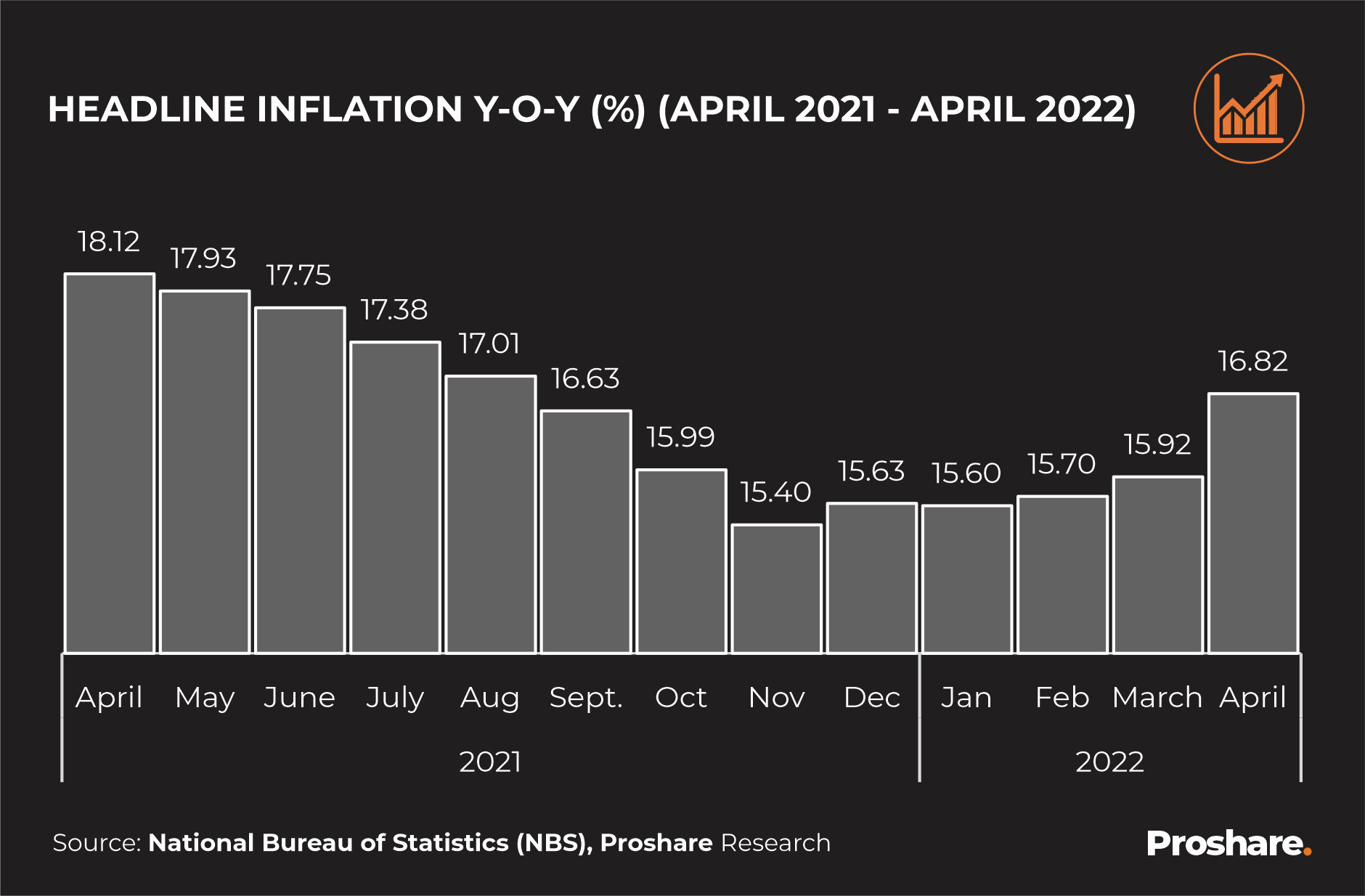
The fear of large capital outflows also affected the decision of the MPC. With advanced economies like the US and the also UK raising rates, while other emerging market economies, like Ghana and South Africa, have followed suit to salvage the value of their currencies, investors would be considering high yield environments for investments. The FOMC had raised rates by 50bp in May- the second since its monetary accommodative stance bringing the rate in the world’s largest economy to the target range of 0.75%-1%.
Decision- From Doves to Hawks, Marshalling the Interest Rate Brigade
The MPC decided to hike rates for the first time since March 2016. The Committee decided to increase the MPR to 13% while holding the cash reserve requirement (CRR) at the previous rate to ensure that excess liquidity in the banking system was minimal. The Committee retained CRR at 27.5%. The statutory liquidity ratio was held at 30% and the asymmetric corridor was left at +100/-700 bp around the MPR (see chart 3 below)
Chart 3: Monetary Policy Rates (MPR) (%) Jan 2016 - May 2022)
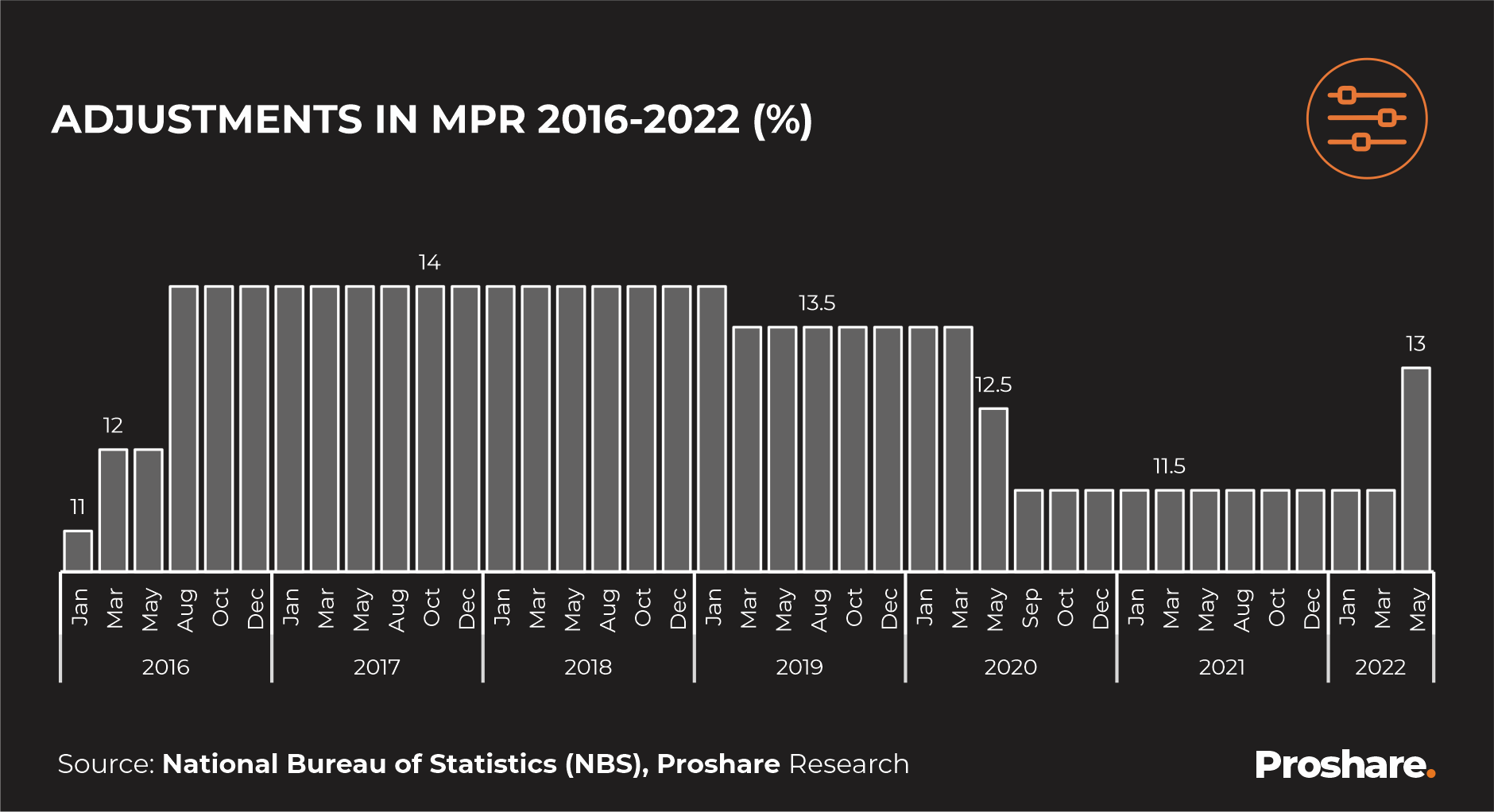
Implications - Households and Businesses in Q3 and Q4 2022; the Fire in Real Time
The committee’s decision would have implications for households and businesses. Higher interest rates suggest that real rates of return glide upwards relative. However, with higher interest rates, borrowing cost for businesses would rise against worsening supply bottlenecks and rampant energy cost hikes. The overall rise in business cost may hack down earnings as manufacturers become compelled to downsize operations. In terms of macroeconomic numbers, the country’s PMI data for the next few months should see a gradual fall as unemployment figures rise.
Economic growth would jog on a slowing-moving threadmill as consumer and manufacturer spending decline. Nevertheless, the service sector would continue to support the economy to achieve marginal growth. (see illustration 1 below)
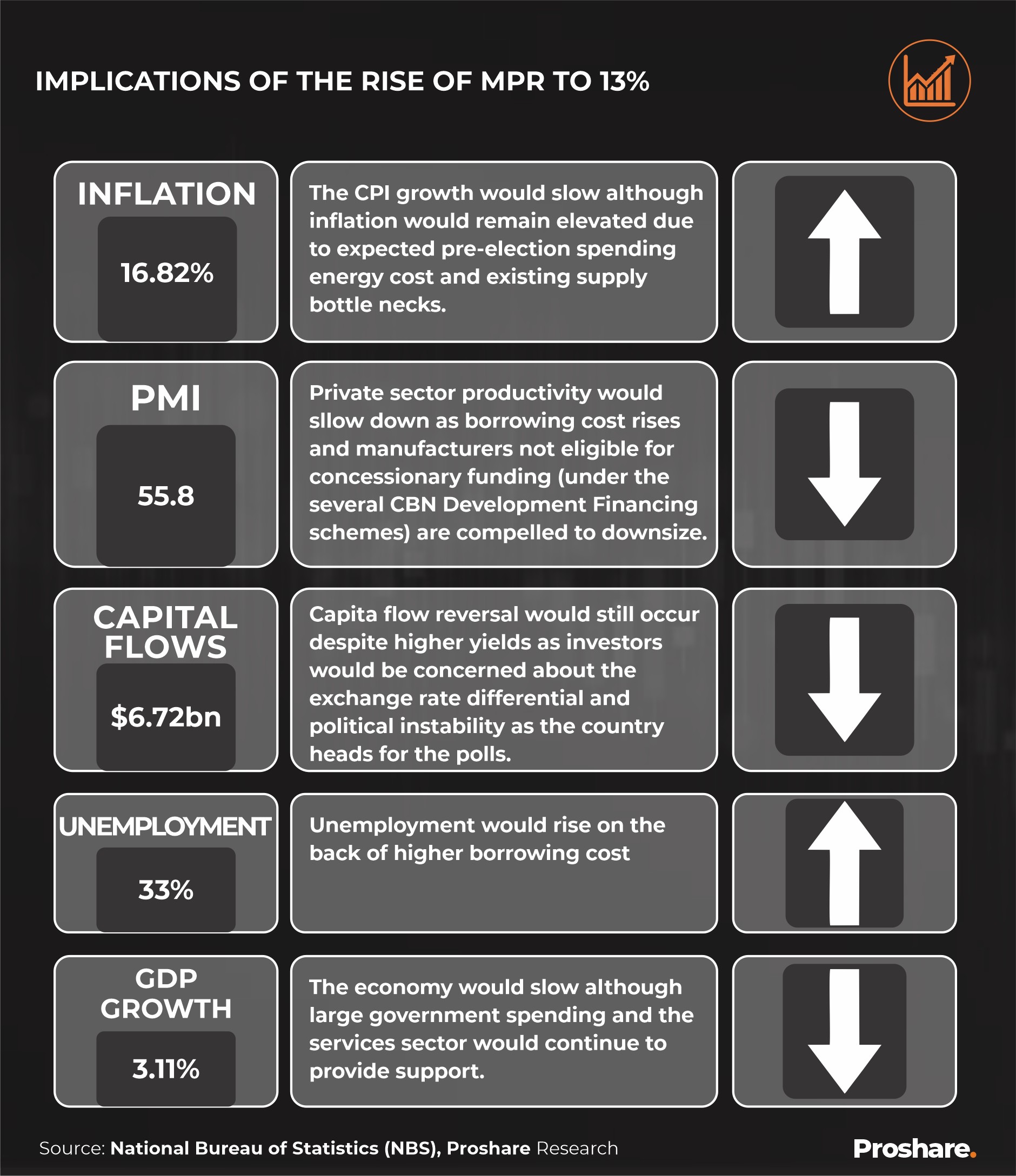
 Lagos, NG • GMT +1
Lagos, NG • GMT +1











 1061 views
1061 views
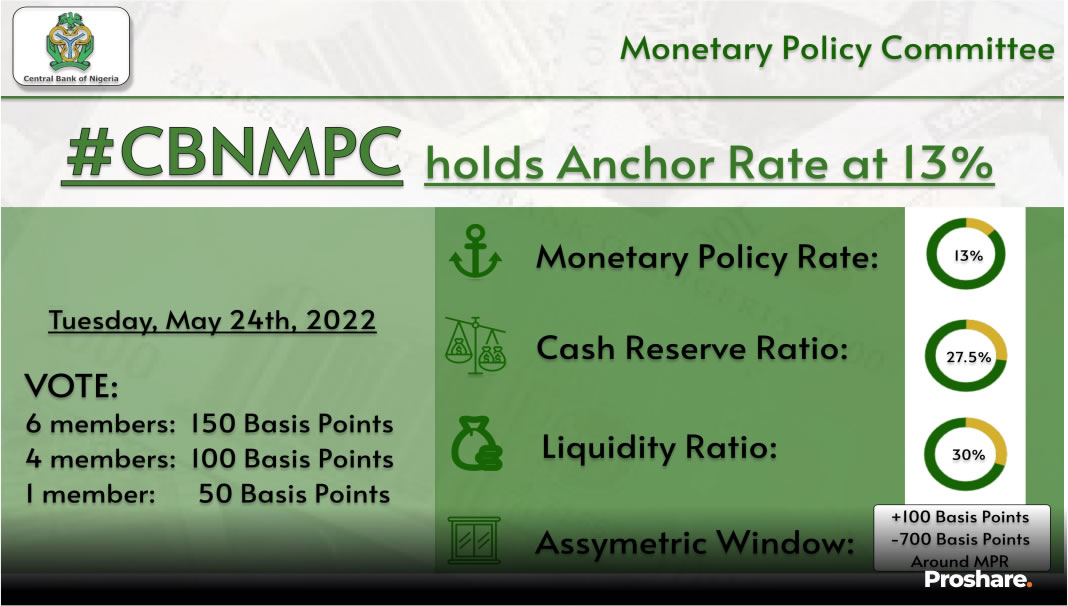
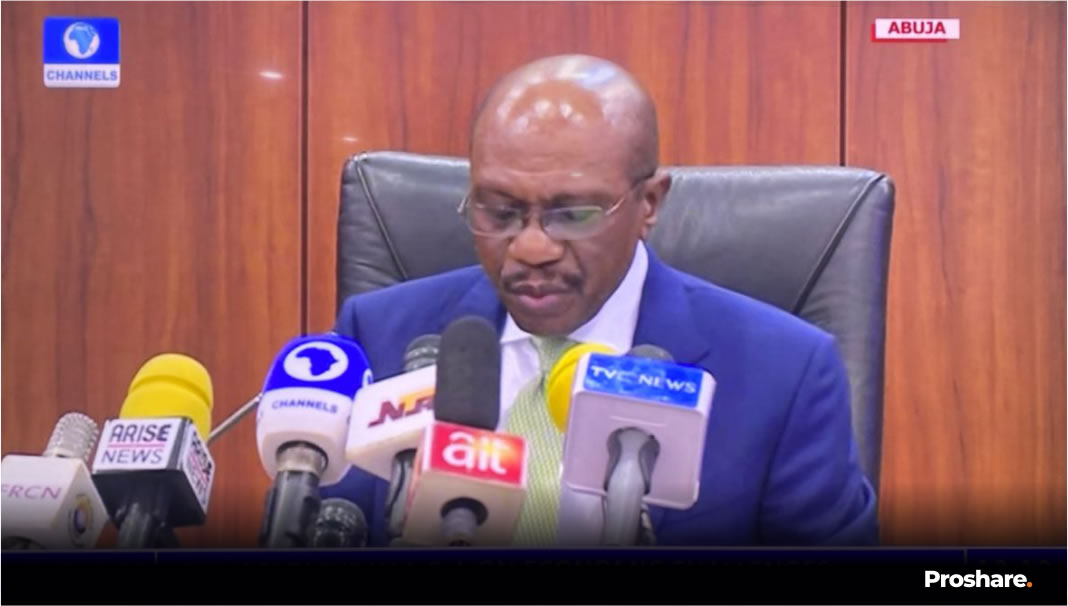
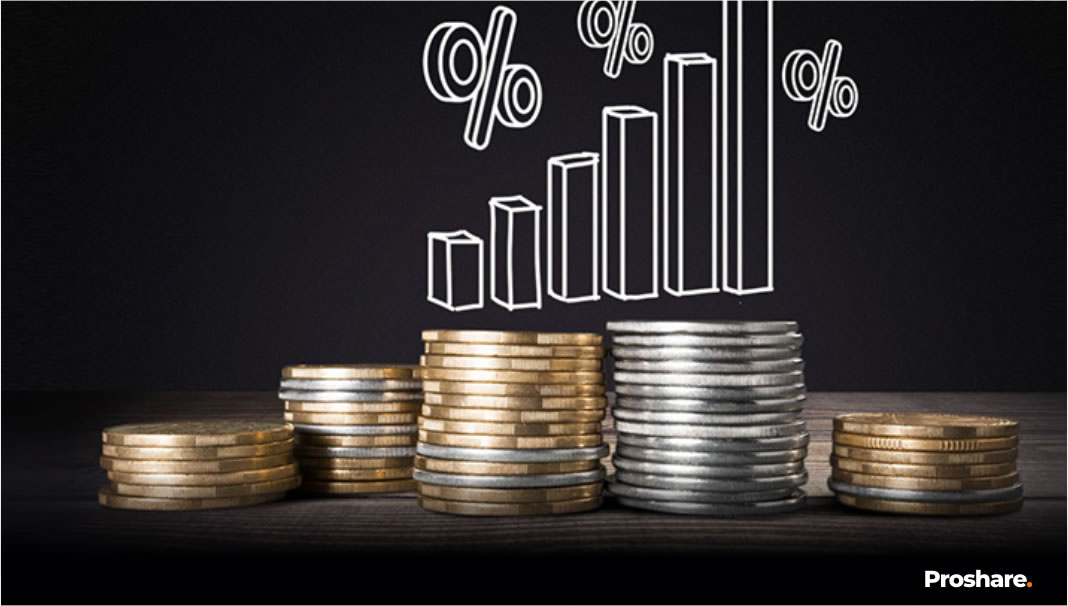

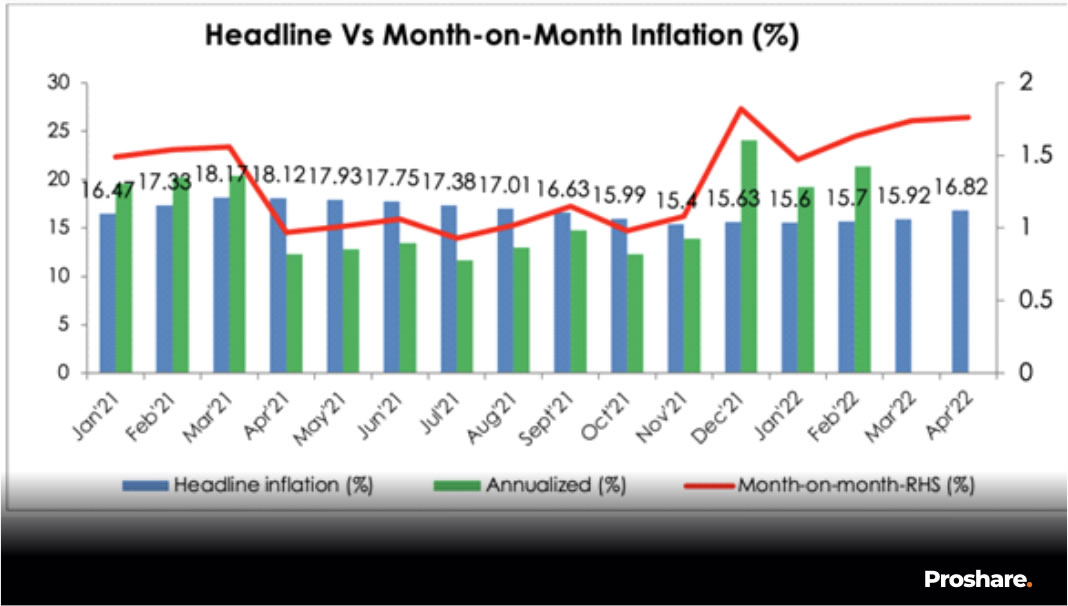
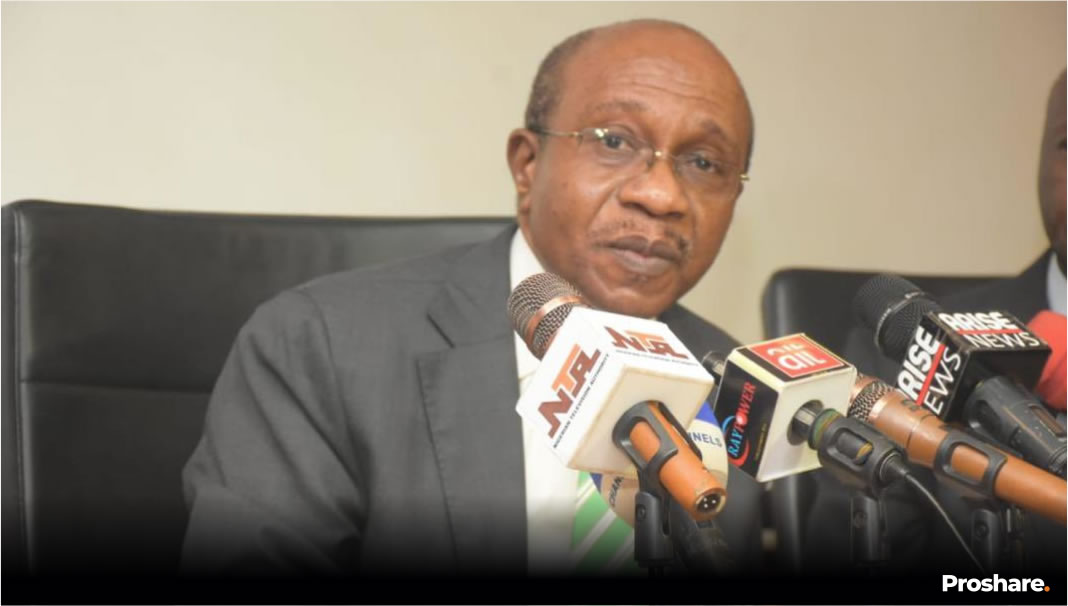
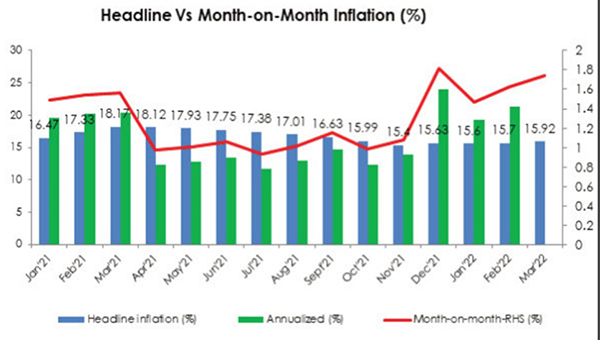
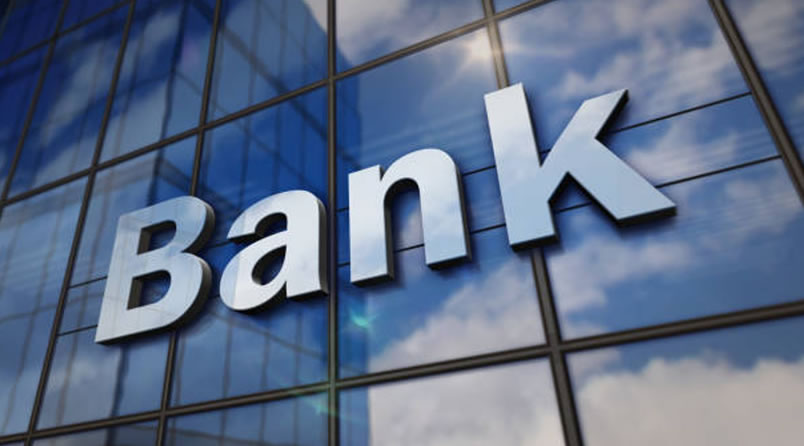


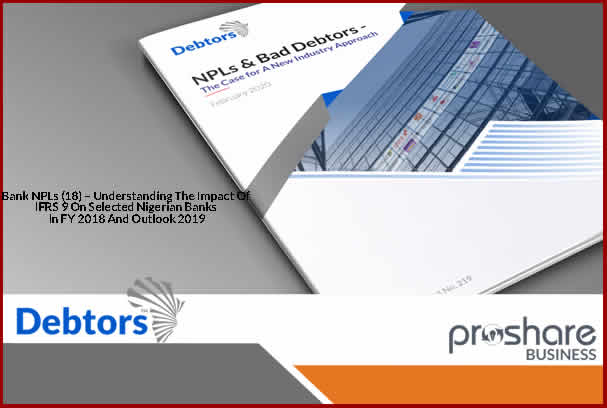
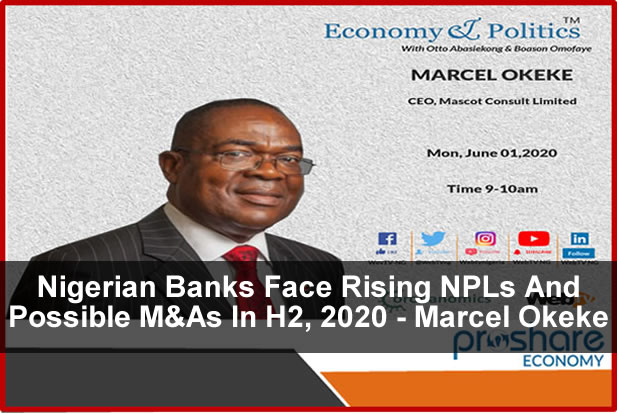

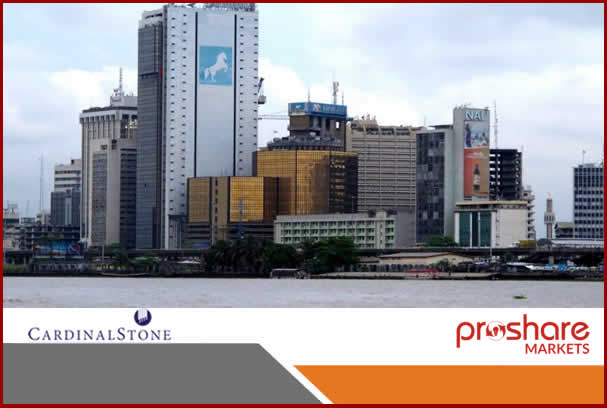





 Sponsored Ad
Sponsored Ad
 Advertise with Us
Advertise with Us









